Former President Ion Iliescu died on Tuesday at the age of 95, Chairman of the Social Democratic Party (PSD) Sorin Grindeanu announced.
Iliescu had been admitted to the 'Prof. Dr. Agrippa Ionescu' Hospital at the beginning of June, where he underwent surgery for lung cancer, and in the last days his condition had deteriorated to critical, following the advance of multiple organ dysfunctions, public medical reports said.
***
Born on March 3, 1930 in Oltenita - Calarasi County, Iliescu held Romania's top office during three terms between 1990-1996 and 2000-2004.
He earned degrees from the Faculty of Electrical Engineering of the Bucharest Polytechnic Institute and the Moscow Energy Institute. Between 1965-1984 he was a member of the Romanian Communist Party's Central Committee. Starting in 1955, he worked as a design engineer at the Bucharest Institute for Power Studies and Design, and from 1979 to 1984 he headed the National Water Council, participating in the development of large-scale projects for the management and use of the country's water resources - shows the volume "Protagonists of Public Life" (National Press Agency, 1995). In 1984 he was dismissed from the Council's helm for political reasons.
Minister for the Romanian Youth Affairs between 1967-1971, he then served for six months as Secretary of the Romanian Communist Party's Central Committee. Vice-president of the Timis County Council from 1971 to 1974, president of the Iasi County Council from 1974 to 1979. During the 1980s he was president of the Romanian Kayaking-Canoeing Federation. Director of the Technical Publishing House in Bucharest from 1984 to December 22, 1989.
After the outbreak of the Romanian Revolution, on the evening of December 22, 1989, he was called to head the new governing body of the Romanian state - the Council of the National Salvation Front, a body of the provisional state power that also served as ad-hoc command tasked with protecting and consolidating the victory of the Revolution. He read out the Declaration to the Country, he was a co-author of, aired by the national radio and television broadcasters.
At the end of January 1990 he was among the founders of the political party National Salvation Front (FSN), which later produced the Democratic Party and the Social Democracy Party of Romania as spin-offs.
President of the Provisional Council for National Union from February 9, 1990 to June 20, 1990.
On May 20, 1990 he was elected President of Romania during the rule of the Constituent Assembly, with 85.07% of the valid votes cast, being officially installed on June 20, 1990.
In the presidential election of September 27, 1992, the first of this kind organized in accordance with the provisions of the new Constitution, Ion Iliescu ran for the National Salvation Democratic Front and secured the presidential seat after the second round, organized on October 11, 1992, with 61.5% of the votes. He was officially installed for a four-year mandate on October 30, 1992.
In the general election of November 1996, he ran for the Romanian Social Democracy Party (PDSR), placing second behind the Democratic Convention of Romania candidate Emil Constantinescu. He also ran for the Senate and became the PDSR Upper House floor leader.
Winner of the 2000 presidential election with 66.83% of the votes, he took the oath of office before Parliament on December 20.
Chair of the PDSR (PSD), elected at the PDSR Extraordinary Conference on January 17, 1997, successively re-elected at the National Conference of June 20-21, 1997 and the one of October 9 - 10, 1999. Following his taking over as President of Romania on 20 December 2000, he resigned his position as PDSR leader.
On December 10, 2006 he was unanimously elected honorary president of the Social Democratic Party (PSD), a position he held until 2020.
Senator for Bucharest (1996-2000, on PDSR's ticket, and in the 2004-2008 legislature, on the ticket of the National Union PSD+PUR). In the 2008 parliamentary elections he decided not to run for a new seat of senator.
Author of numerous studies, articles and communications published over time in specialized magazines, some of them synthesized in the volume ''Global Problems - Creativity'' (1992, Technical Publishing House). His body of work includes: ''Revolution and Reform'' (two editions, 1993 and 1994), ''Romania in Europe and in the World'' (1994), ''The Live Revolution'' (two editions, 1995 and 1998), ''Moments of History'' (volume I, 1995, volumes II and III, 1996), ''Romanian-American Dialogues'' (1996), ''Political Life, Between Violence and Dialogue'' (1998), ''Romanian Society - Where To?'' (1999), ''Rebirth of Hope'' (2001), ''The Romanian Revolution'' (2001), ''Integration and Globalization, the Romanian Vision'' (2002), ''Romania and the World at the Confluence of the 20th and 21st Centuries'' (2009), ''After 20 Years - 1989 a Turning Point in National History and International Life'' (2010), ''Fragments of Life and Lived History'' (2011). In November 2014 he released the volume "The Destiny of a Left-leaning Man. Memories".
A member of the Academy of Scientists and an Honorary Doctor of several Romanian and foreign universities.
In 1971 he received the Order of the Star of the Socialist Republic of Romania, 1st class. On October 24, 2012 he was awarded the Emblem of Honor of the Romanian Army.
On April 2, 2025, ex-President Ion Iliescu and former Prime Minister Petre Roman were sent to trial by the General Prosecutor's Office in the June 1990 Miners' Rampage case for crimes against humanity. Iliescu had been sent to trial in this case along with the other defendants in 2017, but the courts ordered the case to be returned to the Military Prosecutor's Office, for the investigation to be redone from scratch.
He was married since 1951 to Nina Iliescu (Elena Serbanescu) - an engineer and metal corrosion scientific researcher. They had no children.
On June 9, 2025 Iliescu was admitted to the 'Prof. Dr. Agrippa Ionescu' Emergency Clinical Hospital in Bucharest with a respiratory condition, and on June 16, the hospital's multidisciplinary medical commission determined that the lung disease he was suffering from was of an oncological nature.
Former President Ion Iliescu - official bio
Articole Similare

4
Local companies need stable conditions to invest and create quality jobs (employers' confederation)
4
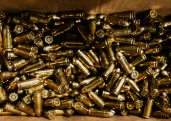
5
Prosecutors, police conducts searches in a case unlawful possession of firearms and ammunnition
5
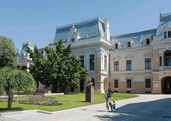
11
Iasi City Hall to modernise central public transport on European funding worth 78 million euro
11

10
Romanians top pizza orders in South-Eastern Europe in 2025 (analysis)
10

14
Code Yellow warnings for frost, strong wind and blizzard in 12 counties until Tuesday evening
14

10
President Dan congratulates Portugal's president-elect Seguro: Our countries share a tight friendship
10

6
Maramures County Council to support investments, rehabilitate UNESCO World Heritage wooden churches
6

10
Effects of administrative gas prices risk reaching 'the consumer's plates' in 2026 (org)
10

12
BVB a deschis în creştere şedinţa de tranzacţionare de luni
12

7
Romanian Football Federation submits candidacy to host Europa League 2028 or 2029 final
7

7
Trade deficit down by 673M euros to 32.7B euros in 2025
7

11
ForMin Toiu to pay working visit to London Monday through Tuesday
11

6
Senate to debate simple motion against Government's handling of EU-Mercosur Agreement on Monday
6

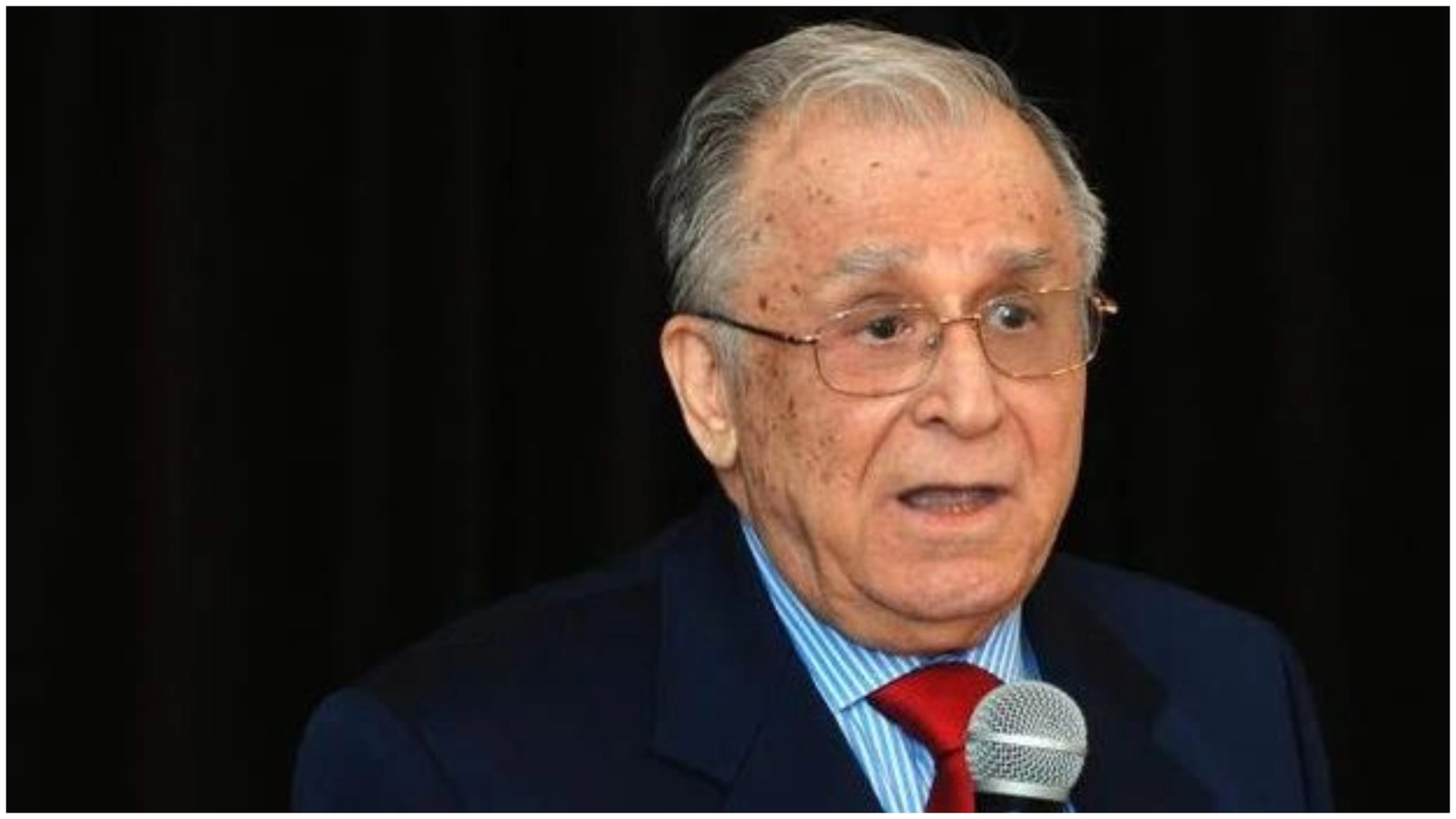


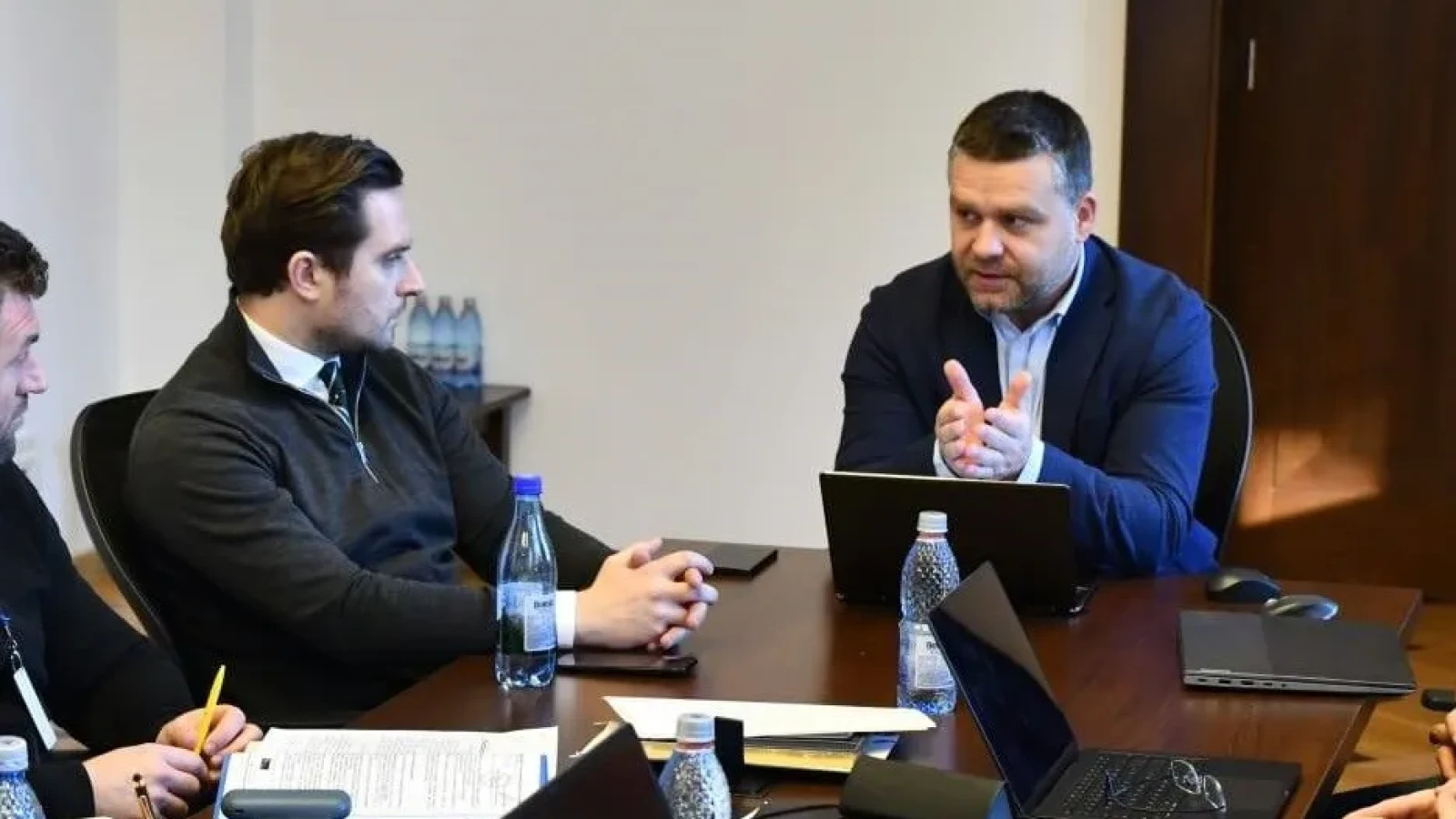


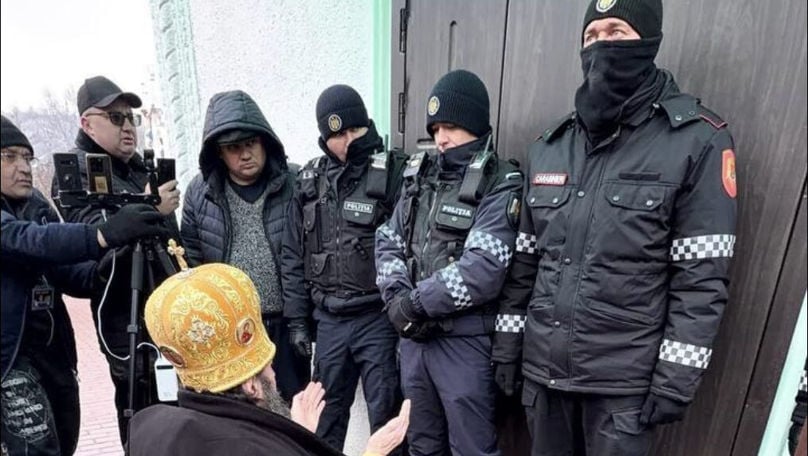

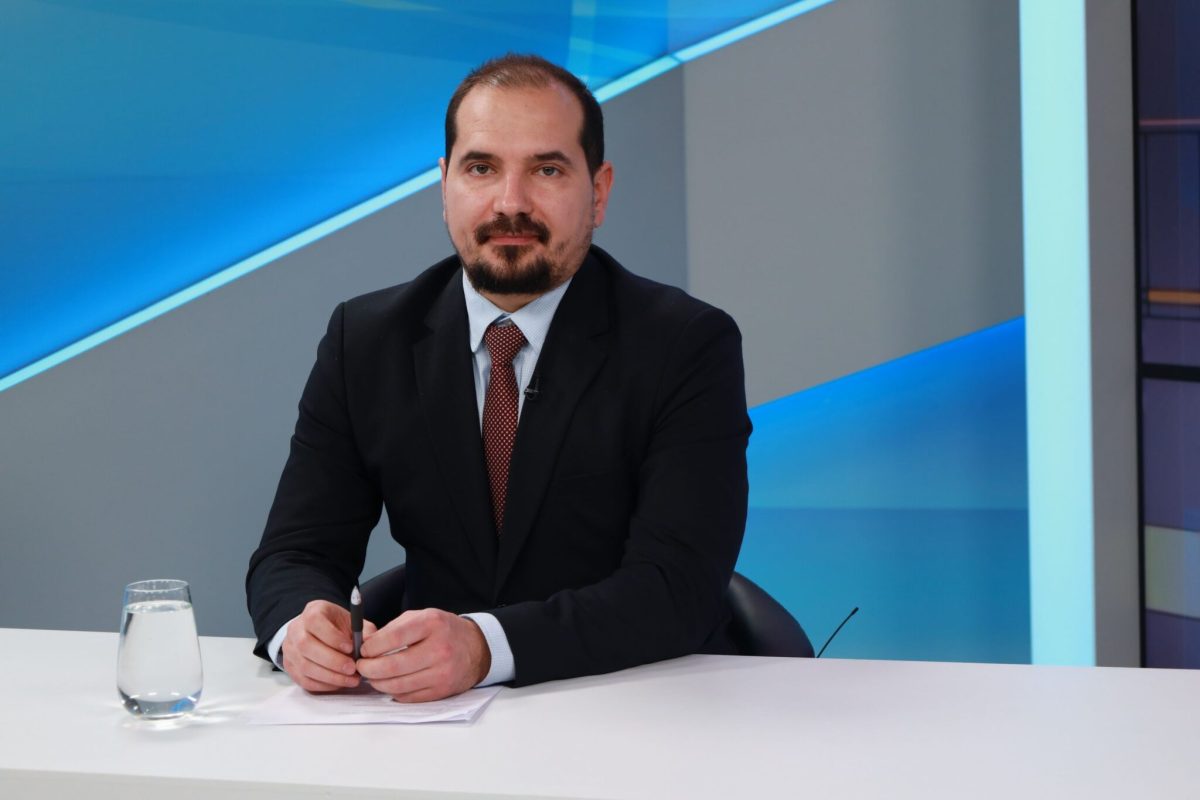









Comentează